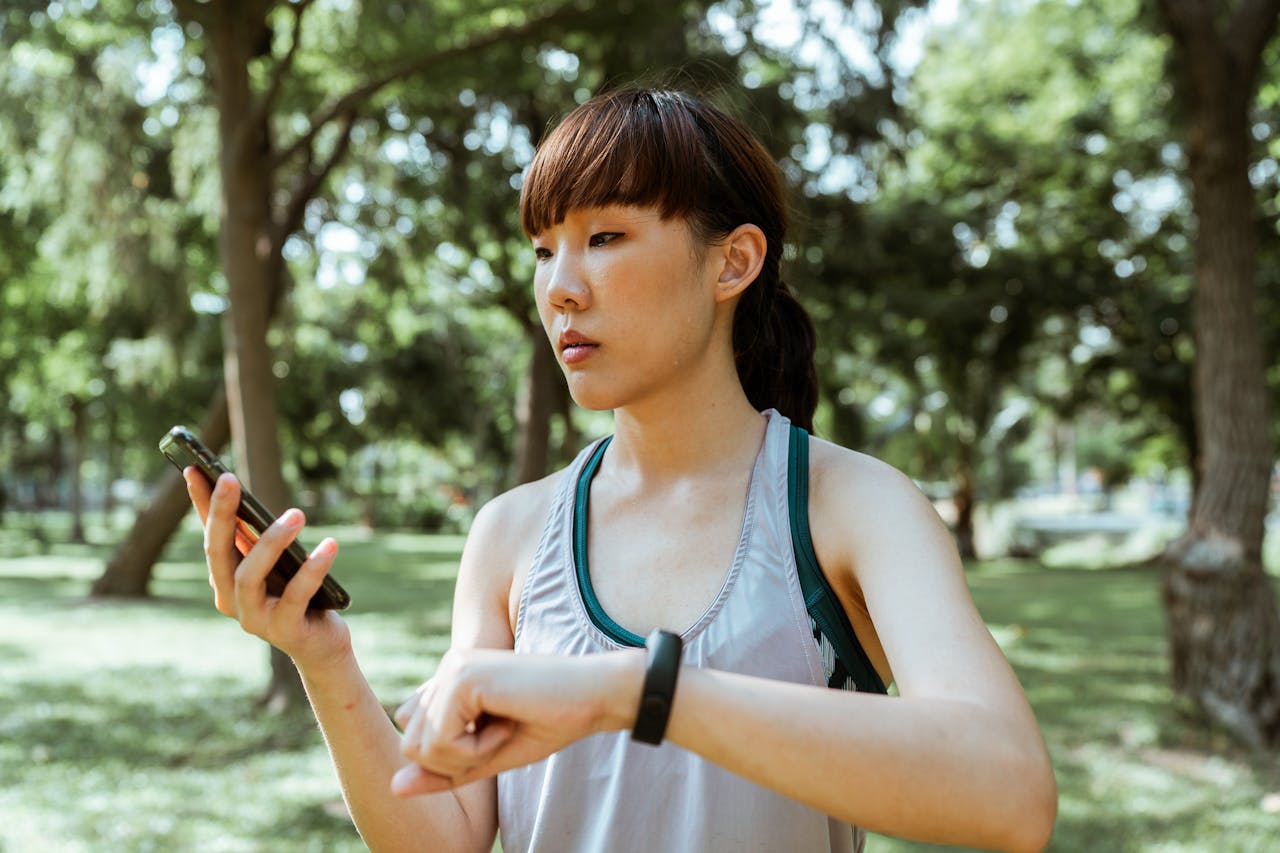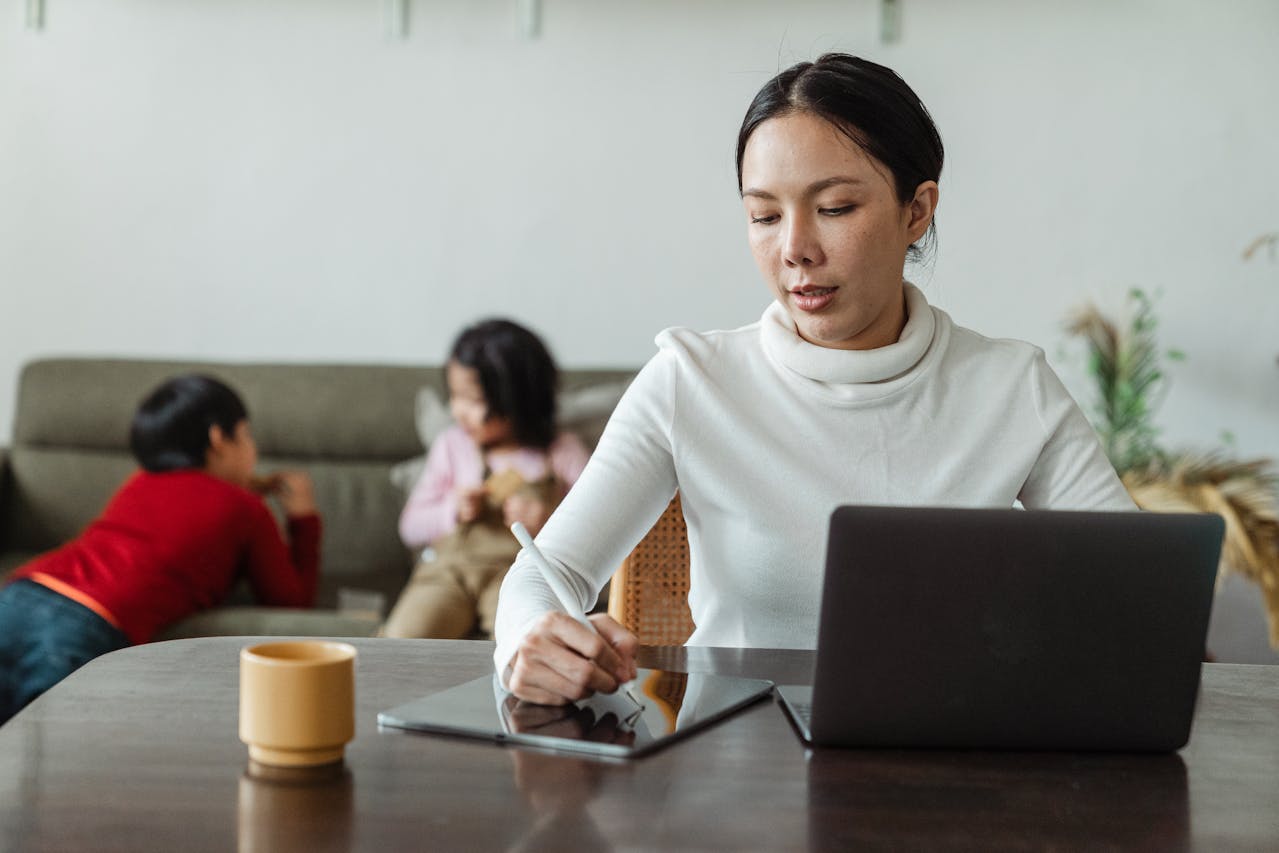The impact and benefits of mobile apps in sports, healthcare, and everyday life
Find out how mobile apps are changing sports, healthcare and daily life. From athlete performance tracking to patient monitoring and smart home integration.
In this digital age, mobile applications have changed the way we interact with the world. From tracking our fitness goals to managing chronic health conditions and simplifying daily routines, mobile apps have become essential tools that bridge technology and human needs. This article looks at the impact of mobile apps in sports, healthcare and daily activities, benefits and future potential.

Source: Pexels
The digital revolution in sports
1. Performance tracking and analysis
Mobile apps have transformed athletic training and performance at professional and amateur levels. Athletes now have access to advanced tracking tools that were once only available to elite professionals with dedicated support teams. These apps collect and analyse data on speed, distance, heart rate and other performance metrics, giving instant feedback to optimise training programmes.
Professional sports teams use custom apps to track player statistics, analyse opponents’ patterns and develop game strategies. Coaches can review recorded performances, identify strengths and weaknesses and create personalised improvement plans. This data driven approach has taken sports to a whole new level of precision and strategy.
For recreational athletes, apps like Strava, Nike Run Club and Fitbit have democratised performance analytics. Weekend warriors can now track their progress, set achievable goals and connect with like-minded communities that provide motivation and accountability.
Read more: The best fitness and health mobile apps that will help you hit your fitness goals
2. Fan engagement and immersive experiences
Sports apps have changed the way fans engage with their favourite teams and events. Live streaming services allow fans to watch games from anywhere, while interactive features provide real-time statistics, commentary and social media integration. Fantasy sports apps have created a whole new dimension of engagement, allowing fans to build virtual teams and compete based on real world athlete performances.
Augmented reality features in sports apps bring fans closer to the action. Whether it’s visualising player statistics during a broadcast or taking a virtual stadium tour, these immersive technologies deepen the connection between fans and their favourite sports.
3. Remote monitoring and telemedicine
The COVID-19 pandemic has accelerated the adoption of telemedicine, highlighting the role of mobile apps in healthcare delivery. Video consultation platforms connect patients with healthcare providers regardless of geographical barriers, making medical expertise more accessible and reducing the burden on physical healthcare facilities.
For patients with chronic conditions, remote monitoring apps provide a continuous data stream to healthcare providers, enabling timely interventions without in-person visits. This has been particularly valuable for managing conditions like diabetes, hypertension and heart disease. Many organisations are now investing in healthcare app development services to create customised solutions that address specific medical needs, from paediatric care to geriatric support.

Source: Pexels
Healthcare through mobile technology
Patient Empowerment and Preventive Healthcare apps have given patients control over their wellbeing like never before. From medication reminders to symptom trackers, these digital tools promote adherence to treatment plans and early detection of potential health issues. Wearable technology integrated with mobile apps monitor vital signs and physical activity, giving a complete picture of health metrics over time.
Preventive healthcare has been particularly transformed by mobile technology. Apps that track nutrition, sleep patterns and exercise help users maintain healthy lifestyles and prevent chronic conditions. Mental health apps offer guided meditation, mood tracking and therapeutic exercises, addressing the often overlooked aspects of overall wellbeing.
Medical education and professional development
Healthcare professionals benefit from mobile apps that provide quick reference guides, drug interaction checkers and evidence based clinical decision support. Medical students and continuing education participants use learning apps that offer interactive anatomy models, case studies and procedural simulations. This mobile approach to medical education fits around busy schedules and different learning styles.

Source: Pexels
Everyday life: Efficiency and connectivity
1. Productivity and organisation
Mobile apps have changed the way we manage our daily responsibilities. Calendar apps synchronise across devices, so appointments and deadlines are never missed. Task management apps help prioritise activities and track progress towards goals. Financial apps simplify budgeting, expense tracking and investment management, bringing sophisticated financial tools to the average user.
The workplace has been transformed by mobile productivity suites that allow document creation, editing and sharing from anywhere. Project management apps facilitate team collaboration across time zones and geographical boundaries, supporting the growing trend towards remote and flexible working.
2. Smart home integration and IoT
The Internet of Things (IoT) has taken mobile apps beyond the phone itself. Smart home apps control lighting, temperature, security systems and appliances from a single interface. Users can preheat ovens during their commute, receive security alerts while away or adjust home environments based on their preferences and schedules.
Voice-activated assistants integrated with mobile apps have reduced friction in daily tasks. Whether it’s ordering groceries, checking the weather or controlling entertainment systems, these technologies have simplified everyday activities.
3. Transportation and navigation
Transportation apps have changed how we move through our environments. Ride-sharing services offer alternatives to traditional transportation methods. Navigation apps provide real-time traffic updates, alternative route suggestions and estimated arrival times, reducing congestion and travel stress.
For public transit users, mobile apps provide schedule information, service disruption alerts and paperless ticketing options. Bike-sharing and electric scooter apps have expanded urban mobility options, promoting environmentally friendly transportation alternatives.
Challenges and future directions
Despite their potential, mobile apps face many challenges. Privacy concerns around data collection and sharing remain top of mind, especially in healthcare apps that handle sensitive medical information. Digital equity issues persist as well, with access to technology and reliable internet connections varying widely across socioeconomic groups.
The future of mobile apps lies in increased personalization through artificial intelligence and machine learning. Apps will become more predictive, anticipating user needs based on behaviour and context. Augmented reality will continue to blur the lines between digital and physical experiences, creating more intuitive interfaces.
Integration between apps will improve, creating ecosystems rather than standalone tools. This will enhance user experience and unlock new functionality that’s not possible with isolated apps.
Conclusion
Mobile apps have gone from being simple utilities to being an essential part of modern life. In sports, they’ve democratised access to analytics once reserved for professionals and created new ways for fans to engage. In healthcare, they’ve empowered patients and extended the reach of medical professionals beyond the facility. In everyday life, they’ve streamlined routines and connected previously separate parts of daily life.
As technology evolves, mobile apps will adapt and expand their capabilities, responding to human needs and creating new possibilities. The best apps will be those that balance technological innovation with human-centred design, recognising that technology’s purpose is to enhance, not replace, human experience.It’s early days yet for the mobile revolution and the possibilities for sports, healthcare and everyday life are endless. So the question is not will mobile apps continue to change our lives, but how?
Read next: Transform your health: Smart home tools & expert guidance for smart eating
